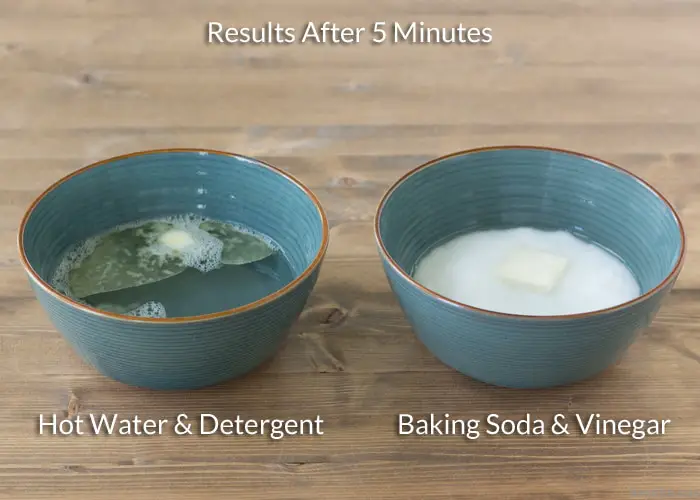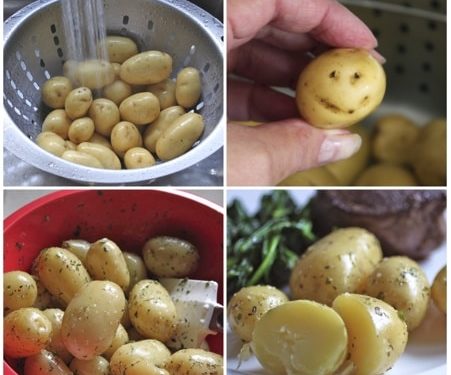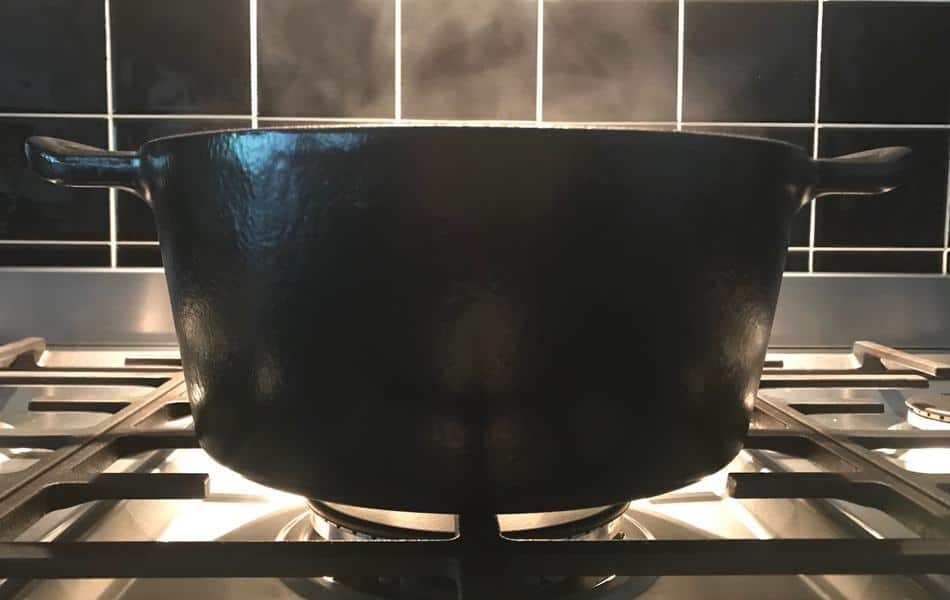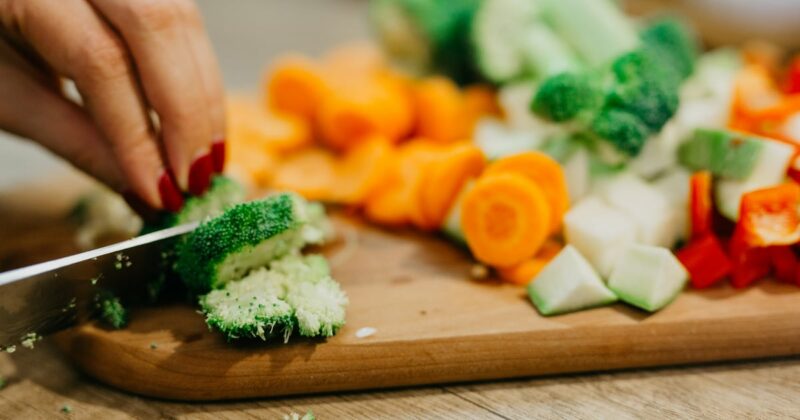Will Baking Soda and Vinegar Harm Pipes?
Baking soda and vinegar are two of the most commonly used natural ingredients when it comes to cleaning. These substances have proven to be effective and affordable alternatives to the harsh chemicals that can harm both our health and environment in general. However, when it comes to using them for cleaning pipes, people often wonder if they’re safe for the plumbing system or if they can actually damage pipes over time. In this article, we’ll answer this burning question: Will baking soda and vinegar harm pipes?
Introduction
Baking soda or sodium bicarbonate is a compound found in nature. It can also be manufactured using ammonia, salt, carbon dioxide, and water. Vinegar, on the other hand, is an acidic liquid composed mainly of acetic acid and water.
Both baking soda and vinegar have been used for centuries as natural cleaners for a variety of household items including floors, tiles, carpets, stovetops, sinks, toilets and more. Their unique properties enable them to effectively break down dirt and grime making them popular choices for anyone who wants a natural alternative to chemical-based cleaners.
However,{” “}when it comes to plumbing systems,{” “} homeowners get{” “}doubtful whether{” “}baking soda{” “}and vinegar mix{” “}can really clean{” “}the pipes{” “}. Keep reading,{” “}as we explore whether these two common kitchen staples are safe options for your plumbing system!
How Pipes Work
Before diving into any discussion about certain substances that could cause damage to plumbing systems- let’s briefly go over how these work. The residential building in question will have its own set of pipes running through its structure which provides an easy drainage system within it.
These tubes will connect all possible water usage locations like bathrooms (showers & faucets), kitchen (sink & taps), laundry rooms (washing machines) etc., then link those spots with the main sewer line that eventually travels to the city’s main sewage system.
The material used to build pipes generally varies from plastic, PVC, to metals like copper, brass or lead which offers different features in terms of cost-effectiveness, durability and flexibility. In order for water to smoothly run through them without problems like clogging, cracks or leaks- there shouldn’t be any avoidable obstructions present within the homes’ pipelines.
What is Baking Soda?
Baking soda or sodium bicarbonate is a white powdery substance that has alkaline properties. It’s commonly used in baking as a leavening agent since it reacts with acidic ingredients such as lemon juice and vinegar. This produces carbon dioxide gas, which helps baked goods rise.
Cleaning with Baking Soda
Because of its abrasive texture and ability to dissolve grease and grime, baking soda can be remarkably useful during household cleaning tasks like removing stubborn stains on surfaces like sinks or walls. It’s also known to eliminate unpleasant odours or at least remediate them for temporary relief which makes it ideal for everyday use especially when trying to rid yourself from harmful fumes that store bought cleaners bring upon usage.
When properly mixed with water,{” “}baking soda{” “}can even make a paste perfect for deep-cleaning ovens{” “}, microwaves and refrigerators; making those grease tough spots vanish!
However,{” “}it should be mentioned,{” “}when trying out this DIY method,{” “}using pure undiluted baking soda directly onto surfaces could scratch finishes & coatings in some circumstances; so you always want{” “}to proceed cautiously{” “}.
What is Vinegar?
Vinegar is a sour-tasting liquid typically composed of acetic acid and water. Unlike baking soda which is basic/alkaline, vinegar falls under the other extreme side into being acidic which can react differently depending on what{“’”}s being cleaned. Ironically, the acids in vinegar can cancel out the alkaline nature of baking soda when combined.
Cleaning with Vinegar
Due to the aforementioned acidic properties,{” “}vinegar{” “}is excellent for{” “}cleaning & preventing mold from beginning to grow on surfaces (especially bathroom tiles & fixtures)}; through the use of its strong fungal deterrence characteristics.
Vinegar is also commonly used as a disinfectant- especially on nonporous surfaces. The acid content’s strength allows it to dissolve tough mineral deposits built up on faucets and drains . In fact,{” “}it has mild bleaching properties that can remove some tough stains{” “}. Plus, using vinegar can combat bad odors in any environment. Not only is it pocket-friendly but it{“’”}s eco-friendly too – so you have double the reasons to use it!
However,{” “}when it comes to cleaning natural stone (like granite/marble countertops) or rubber belts/fittings- recurring vinegar usage may eventually corrode/polish their original surface texture away{” “}.
Myth Debunking – The Combined Cleaning Power Of Both
The combination of baking soda and vinegar may be a popular DIY cleanser mix accessible to most people; homeowners included. At first glance, poured simultaneously down into a clogged drain, both start reacting chemically which results in bubbling and fizzing due to them neutralizing each other’s pH levels. This reaction can indeed break down light blockages due to its effervescent nature while also killing off odor-causing bacteria along with other organic matter.
People who use this mixture often claim that combination together has similar effects as some heavy-duty commercial cleaners without the harmful chemicals – which technically isn’t 100% correct. Septic system drainage needs healthy bacteria colonies consisting within it and using this mixture in excess could potentially cause imbalances in those systems leading poorly functioning septic systems at later stages. In fact, this mixture can create a thick glue-like substance that will prove to be hard to remove with just flushing water {” “}. Additionally, recurring usage could lead to pipe erosion; especially for cast iron or galvanized pipes.
To conclude,{” “} while combining baking soda and vinegar does show an immediate impact in pushing away initial blockages within our pipes{” “} , it is not recommended for{” “}long term usage because of the earlier mentioned potential damage to piping material as well as the disruption of your septic system’s healthy bacteria colonies moving forward.
Best Practices When Using Baking Soda and Vinegar To Clean Pipes
While using baking soda and vinegar together may cause more harm than good when it comes to your plumbing system over time,{” “} here are some great tips on how you can use them safely with this specific task:
- Avoid using these ingredients too frequently. It’s wise to limit its{ your} application only once a month at most {” “}.
- Always use diluted solutions (For instance- a cup of white distilled vinegar mixed with 2 gallons of hot water )
- Pouring boiling water down the drain each time after using such alternatives often helps to move gunk residue down the pipes faster ( but be safe about it)
- Alternatively, try an enzymatic cleaner; many options exist which advertises being safe on all plumbing types.
Conclusion
In conclusion,{“”} despite the popularity attached with mixing baking soda & vinegar as cleaning agents{” “}”; when it comes down to cleaning pipes repeating this combination moderately could cause damage leading down pipelines ranging anywhere from plastic & PVC even up towards copper & steel – ultimately becoming costly repairs at worst.
However,{” “}using each ingredient separately in their diluted form both show results against unclogging drains and making sure your household remains free from any unwanted bacterial entities. So, whenever possible, it’s important not just thinking about effectiveness on what you want cleaned up alone but also how it affects your{ your plumbing} systems in the long-run.
Q&A
- Q: Can baking soda and vinegar damage my pipes? A: While many people use baking soda and vinegar as a natural cleaning solution, there is some concern that this combination could harm pipes over time.
- Q:Is it safe to use baking soda and vinegar to clean kitchen drains? A: Baking soda and vinegar are both safe, natural ingredients commonly used in household cleaning. However, repeated use of this mixture may cause issues with older pipes or plumbing systems.
- Q: Is it true that using baking soda and vinegar together can clear clogged drains? A: Yes! In many cases, mixing baking soda with vinegar can help dissolve drain blockages that are caused by buildup of dirt, oil or grease.
- Q: Will using baking soda and vinegar degrade the quality of my pipe material? A: It depends on the type of pipe you have in your home. Certain materials, such as PVC or copper piping, can be more sensitive to corrosive substances like acidic mixtures like vinegar which could shorten their lifespan overtime if frequently used for cleaning purposes.. Consult with an experienced plumber before using any harsh chemicals on your piping system to avoid any damages on the long run.





